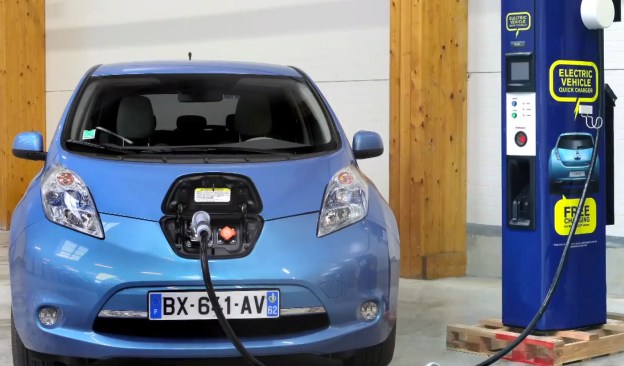
Congress is preparing House and Senate parking garages for electric vehicle charge stations, pursuant to a bill passed last August.
If you’re wondering if these chargers will be free of, well, charge for congressmen, the answer is ‘no.’ Both Senate and House members will have to pay for these EV and plug-in hybrid chargers. They’ll be offered two plans: $8 per day or $27 per month, according to a Roll Call report.
The monthly or daily charges are base upon the assumption that the electrically powered vehicles will plug in for 8.5 hours per day and will be used to repay the cost of the $1000 chargers over the next ten years.
The plan isn’t a slam-dunk, however. Senator John McCain of Arizona has voiced concern over the plan, suggesting the plan is a waste of money and that it’s a perk average Americans cannot enjoy. Clearly, McCain has forgotten the Department of Energy’s “EV Everywhere” program, which brings a similar program to the public.
We’re excited to see Congress put its cars where its mouth is. We don’t yet know how many Congressional members will utilize these chargers. We’ll just have to wait and see.
If they love America as much as they claim to, however, they’d be wise to drive Chevrolet Volts to work. Just saying.
Editors' Recommendations
- Here’s how EVs charge as they drive on a stretch of Michigan road
- The best EV charging apps help you find the right station for any electric car
- A $1 billion investment will bring more EV charging stations to rural America
- Nissan teams up with EVgo to provide free charging of Leaf vehicles in U.S.
- Honda joins GM, Mercedes, Toyota in self-driving group


